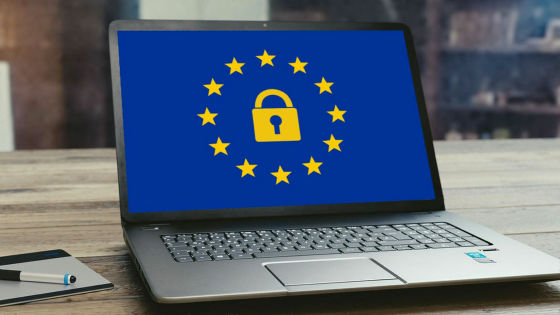EU passed the revised copyright law including common name 'link tax' etc.

The European Parliament of the European Union passed and approved the draft amendment directive of the EU copyright directive. This raised the possibility that the revised copyright directive that approves the "link tax" by the final vote to be held in January 2019 will be established.
Parliament adopts its position on digital copyright rules | News | European Parliament
http://www.europarl.europa.eu/news/en/press-room/20180906IPR12103/parliament-adopts-its-position-on-digital-copyright-rules
The European Parliament passed a bill by approving 438, opposing 226, abstention 39 by resolving the amendment of the revised copyright directive proposed in June 2018, and the draft amended copyright directive was officially adopted.
Negotiations with Council will begin soon. Pic.twitter.com/hJOhClrZyf
- JURI Committee Press (@ EP_Legal) September 12, 2018
With this, the revised copyright directive will be officially established after obtaining the approval from the member countries after the final vote at the Congress in January 2019, and the revised copyright law will be enforced in the EU member states It was.
Although EU copyright directives 11 and 13 which are mentioned in a major debate under the revised copyright law of the EU have been slightly modified, their outline is not blurred, and the revised copyright law has resulted in Google, Facebook, It is subject to a heavy burden on big American high-tech companies such as YouTube.
◆ Article 11 (Link tax)
Article 11 of the revised copyright directive stipulates that "Member States shall notify publications of Member States of the Information Society Service Provider Article 2 and Article 3 Paragraph 2 of the Information Society Directive on the online use of press publications by Information Social Service Providers We must grant the right to set ". This permits the right holder of the content on the web to claim the copyright fee by making the act of pasting the link on the external web page subject to the copy right or the public transmission right. Although this clause came to be widely known under the name "link tax" as there is a possibility that a usage fee may be charged for the act of pasting a link, the copyright fee can be requested only by publishers It is not a "tax" because it is a content creator (right holder) and not an EU member country (administration). More precisely, contents like 'link charge usage fee', but in general it is called "link tax".

The actual operation of the copyright law based on the EU Copyright Directive varies from EU Member State to EU Member State, so it is not clear at the moment what kind of action will be charged the royalty fee, but 11 Since there is a provision that "the right of the first paragraph (link tax) does not apply to the use of the non-critical part of the press publication" in Article 1 paragraph 1, pasting of "link as a simple character string" It is unlikely that it will be charged for usage fees. However, the European Parliament stated that the high-tech giant must pay for artists and journalists about the purpose of the revised copyright directive, and as a concrete example, " snippet " in search result display is mentioned, It seems likely that services will be captured.
◆ Article 13 Article 13 of the revised copyright directive gives content and platform providers such as SNS the obligation to check that content in the platform is not against the copyright law and respond to it. Specifically, we require YouTube to check that illegal movies will not be uploaded on YouTube, and if you have uploaded and viewed illegal movies, you are asking YouTube for liability.
Article 13 of the revised copyright directive is targeted by movie providers such as YouTube and SNS providers like Facebook and that service providers are obliged to stop using users who share illegal copyrighted works .
It is an amended copyright directive of the EU as if it is aimed at a major American Internet company, but if it was officially passed and passed in January 2019 and introduced as an amended copyright law in each EU member country, Google · Facebook · YouTube and others are unavoidable, and it seems that restrictions will be imposed on the contents of the service.
Related Posts:
in Note, Web Service, Posted by darkhorse_log







